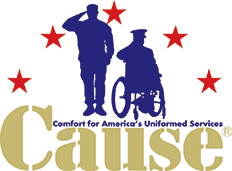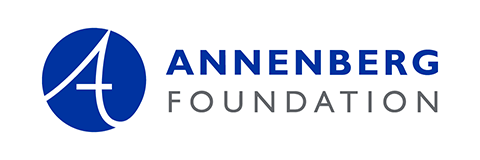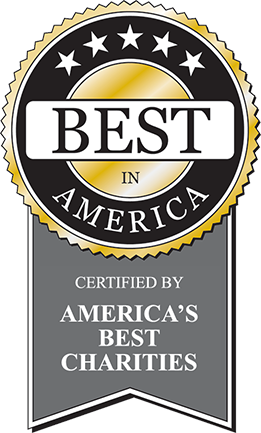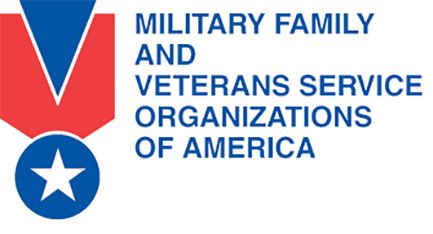Whistleblower Protection
General
Cause has adopted a Code of Ethics ("Ethics Code") and a Conflict of Interest Policy ("Conflict Policy"), both of which require directors, officers, employees, and volunteers to observe high standards of business and personal ethics in the conduct of their duties and responsibilities on behalf of Cause. As representatives of Cause, these persons must practice honesty and integrity in fulfilling their responsibilities and must comply with all applicable laws and regulations. This policy complements the Ethics Code and the Conflict Policy.
Reporting Responsibility
It is the responsibility of all directors, officers, employees, and volunteers to comply with the Ethics Code and the Conflict Policy. Such persons are expected to report violations or suspected violations in accordance with this Whistle Blower Protection Policy.
No Retaliation
No director, officer, employee, or volunteer who in good faith reports a violation of the Ethics Code or the Conflict Policy shall suffer harassment, retaliation or adverse employment consequence. A director, officer, employee, or volunteer who retaliates against someone who has reported a violation in good faith is subject to discipline up to and including termination of any and all relationships with Cause. This Whistle Blower Protection Policy is intended to encourage and enable directors, officers, employees, volunteers, and others to raise serious concerns within Cause prior to seeking resolution outside Cause.
Reporting Violations
In most cases, the executive director of Cause is in the best position to address areas of concern. However, if the reporter is not comfortable speaking with the executive director or if the reporter is not satisfied with the executive director's response, the reporter is encouraged to speak with any member of the board of directors. Joyce Doheny, a founding member, a long-time volunteer and a director of Cause, has volunteered to be the primary board contact.
Accounting and Auditing Matters
The board of directors shall address all reported concerns or complaints regarding corporate accounting practices, internal controls or auditing and may consult, as appropriate, with the outside auditor or other outside expert.
Acting in Good Faith
Anyone filing a complaint concerning a violation or suspected violation of the Ethics Code must be acting in good faith and have reasonable grounds for believing the information disclosed indicates a violation of the Ethics Code. Any allegations that prove not to be substantiated and which prove to have been made maliciously or to be knowingly false will be viewed as a serious disciplinary offense.
Confidentiality
Violations or suspected violations may be submitted on a confidential basis by the complainant or may be submitted anonymously. Reports of violations or suspected violations will be kept confidential to the extent possible, consistent with the need to conduct an adequate inquiry or investigation. Whenever privacy concerns permit, the reporting person will be advised of the results and disposition of any inquiry.
Handling Reported Violations
The executive director, or contacted board member, will acknowledge receipt of the reported violation or suspected violation within five business days. All reports will be promptly investigated and appropriate corrective action will be taken if warranted by the investigation.
Policy Implementation
Each member of the board of directors, officers, employees, and volunteers will be provided with a copy of this policy upon commencing service with Cause and then at least once every twelve months thereafter.





